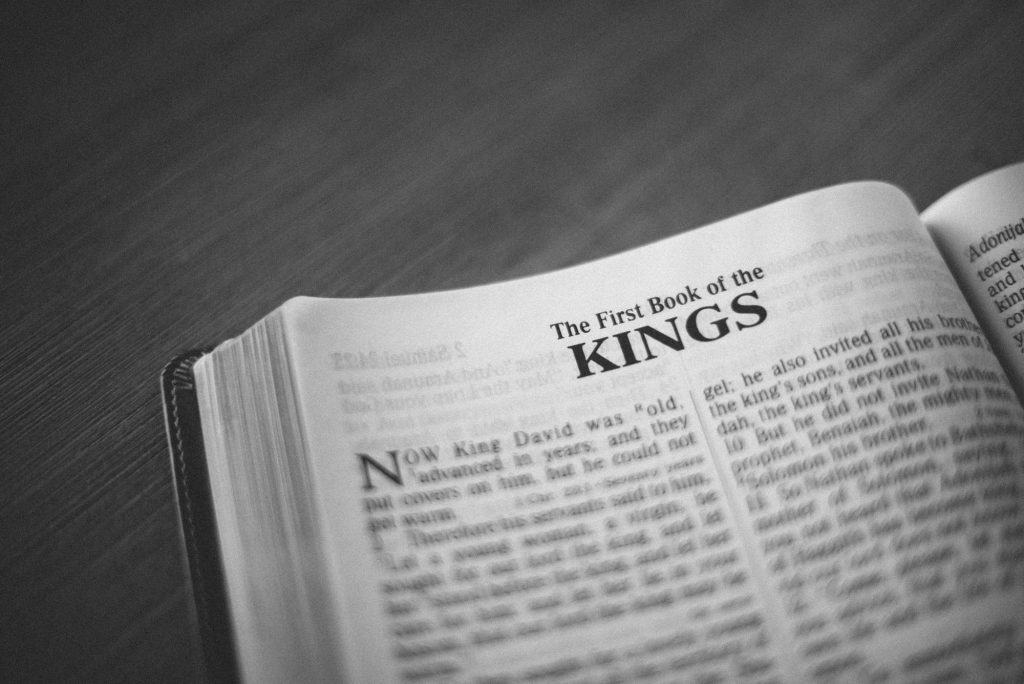
If the LORD is God, follow Him… 1 Kings 18:21
It’s a simple condition. An if-then statement.
Is the Lord God?
Yes or no.
There are further implications.
If He is not God, don’t follow Him.
If we aren’t following, He must not be God.
If we say He is God but don’t follow, then He is not really God.
Notice, it’s all or nothing.
Not if God is mostly God, mostly follow Him.
Not if God is God except for these few things, then I’ll follow on everything but these few things.
Is the LORD God?
Follow Him. Obey Him. Emulate Him.
Is the LORD God?
But the people answered him not a word. (1 Kings 18:21)
I think I know what their answer was.





